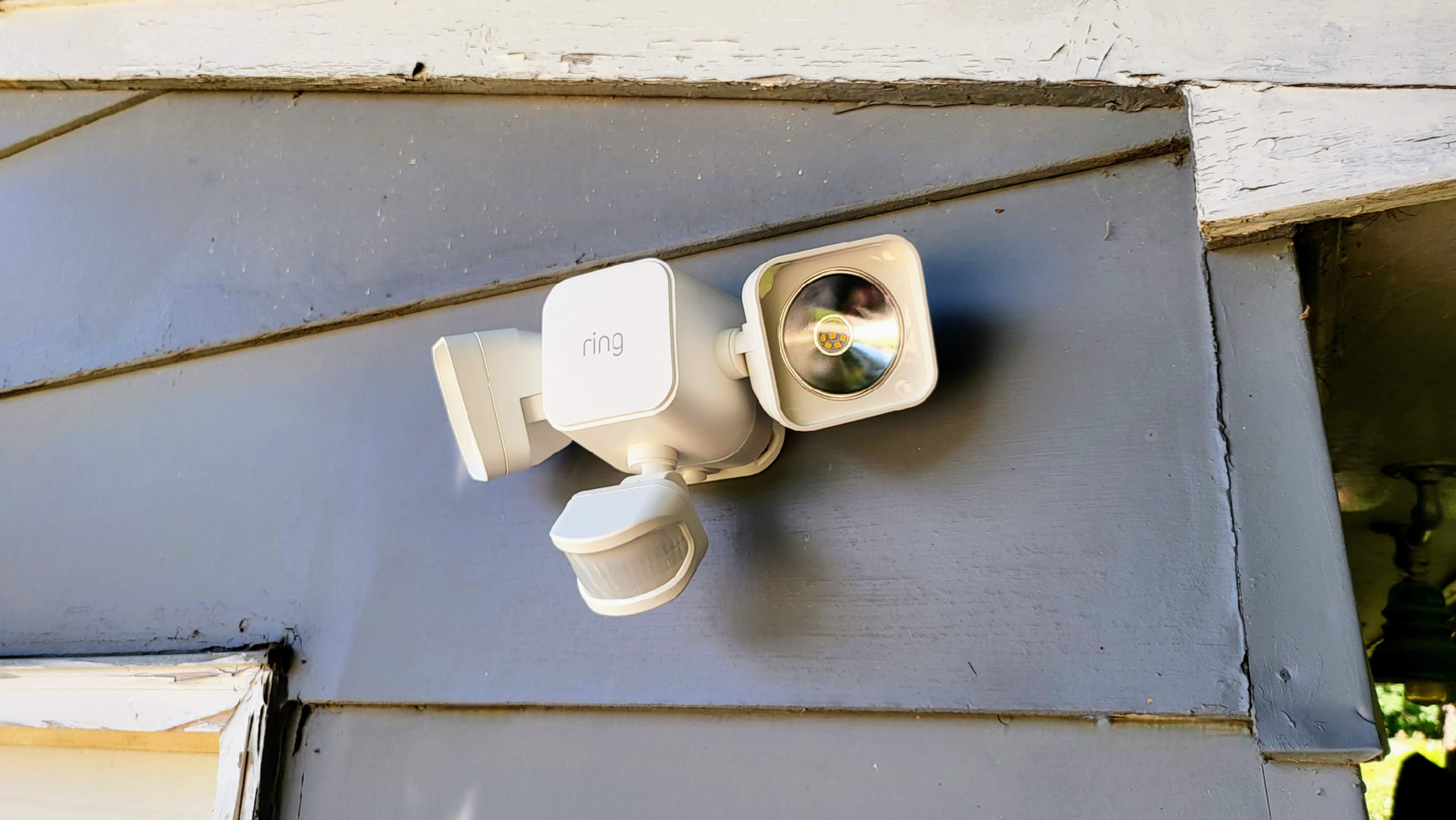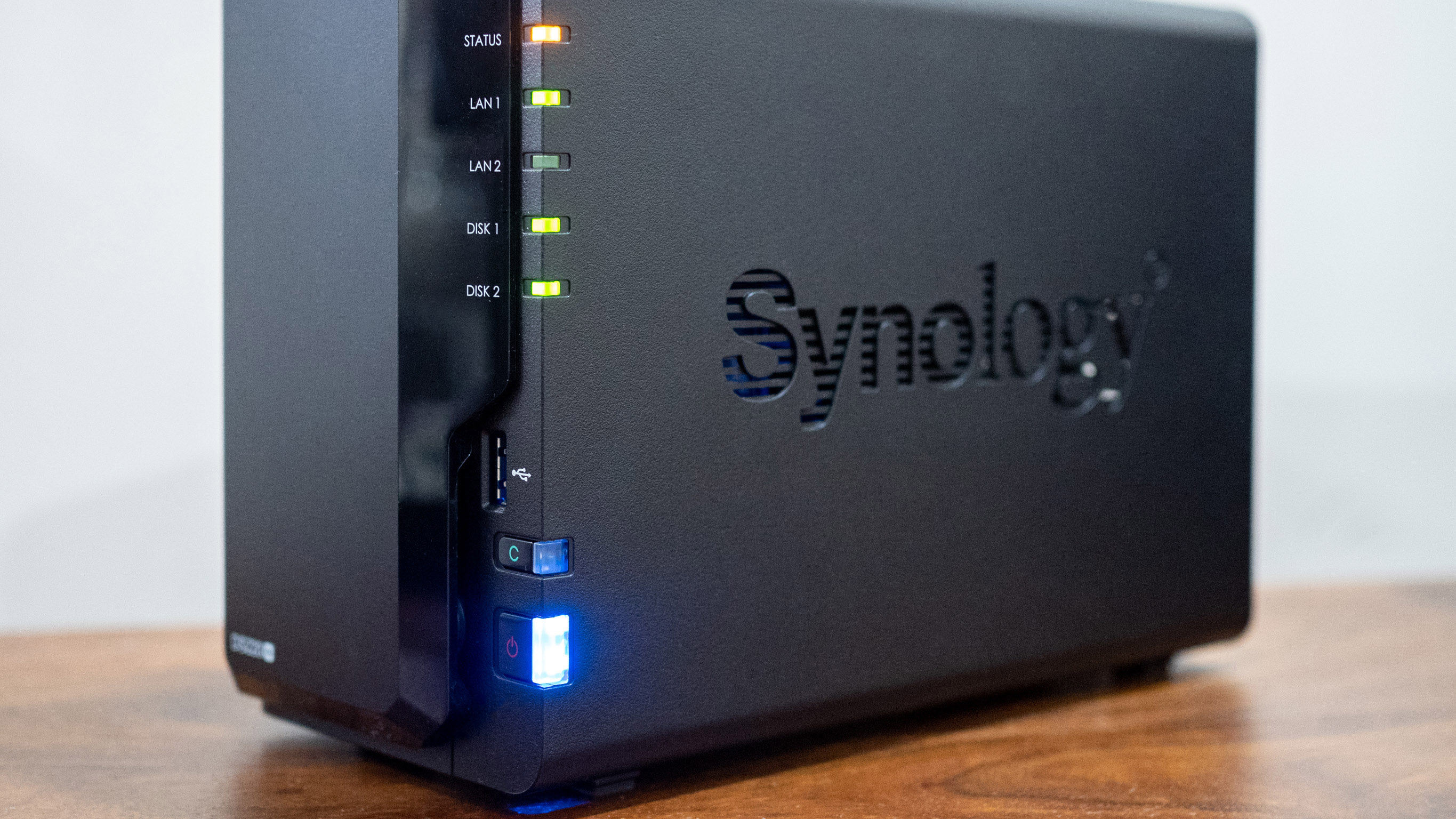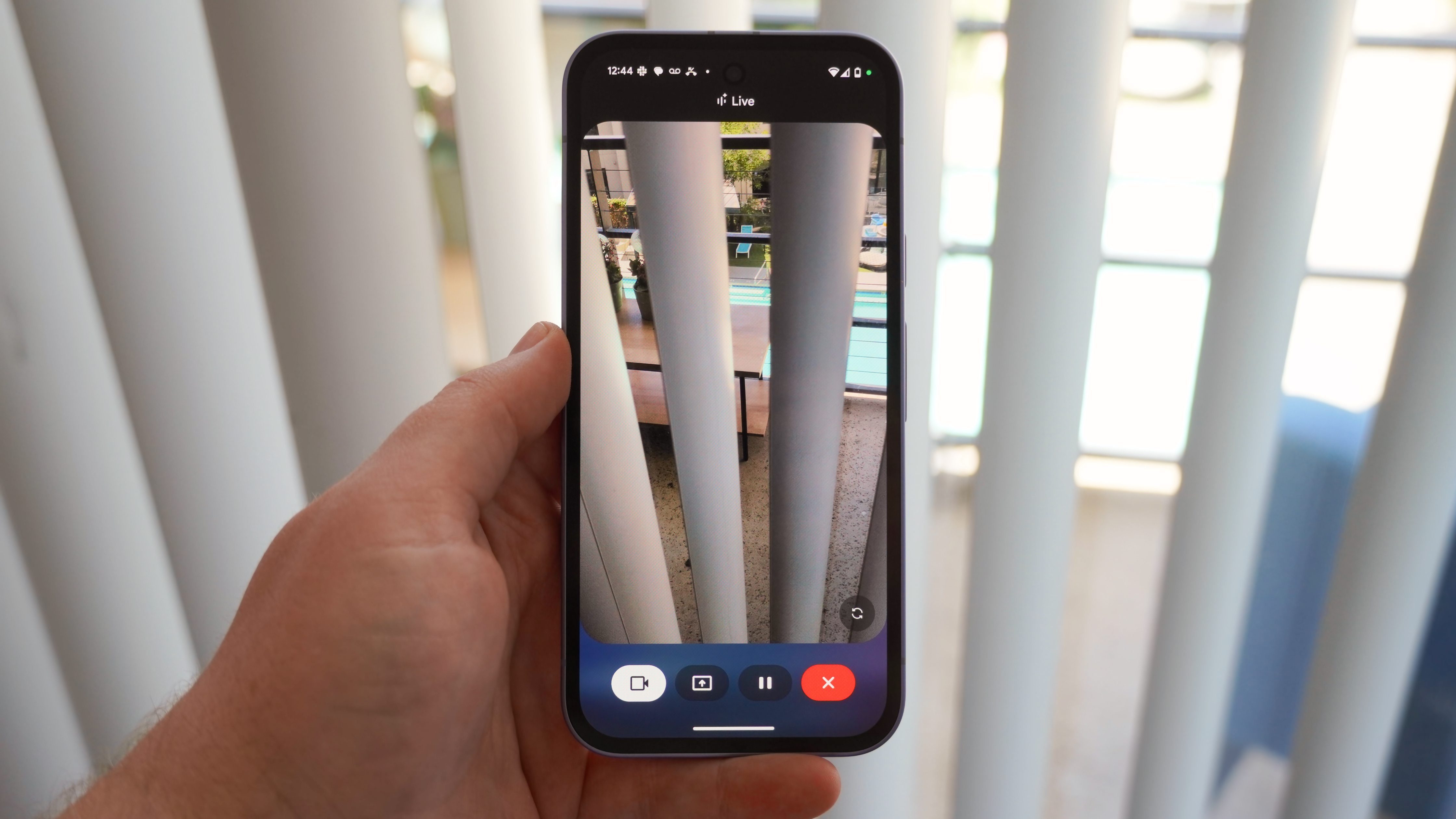Amazon giving Ring data to police without a warrant is inexcusable, but allowed per its own policies
Why does this keep happening?

Amazon revealed it has provided Ring camera footage to police without a warrant or consent, which for obvious reasons, seems like it shouldn't be possible.
In a report by The Intercept, Amazon has admitted to providing Ring camera footage to police without customer consent or a warrant numerous times in 2022 alone.
This isn't the first time we've seen Amazon cozy up to law enforcement and provide customer data, and I'm worried it won't be the last. What I do know is that the reason this can happen should not be allowed under any circumstances.
Long story short — Senator Edward Markey (D-MA) asked Amazon to clarify its policy and relationship with American police departments. Brian Huseman, Amazon's vice president of public policy, stated that Amazon handed over camera footage to police without consent, or a warrant, 11 times in 2022. Huseman also rejected policy reforms prohibiting financial contributions from police agencies, and denying access to immigration enforcement agencies.
This sounds like it should be in violation of Ring's listed privacy policy. Unfortunately, it might not be.
An ambiguous privacy policy

Most companies that collect and monetize user data have a clear-cut policy when it comes to providing data to law enforcement, usually stating that a warrant would be required and then complied with. In the case of Ring, though, it's not so clearly defined.
From Ring's publically listed privacy policy: "We also may disclose personal information about you (1) if we are required to do so by law or legal process (such as a court order or subpoena); (2) to establish, exercise or defend our legal rights; (3) when we believe disclosure is necessary or appropriate to prevent physical or other harm or financial loss; (4) in connection with an investigation of suspected or actual illegal activity; or (5) otherwise with your consent."
Be an expert in 5 minutes
Get the latest news from Android Central, your trusted companion in the world of Android
Amazon decides what is harmful but doesn't say how it decides.
The first case is required and expected. When a judge says you must comply then you must comply (unless you're an executive-level government official, for some reason). The second exemption is fine, too — Amazon has the right to produce evidence to protect itself. The fifth and final stipulation is also fine, and if you allow it, then Amazon can do it. It's those pesky, largely open to interpretation, number four and five footnotes that are worrisome.
Amazon doesn't outline what practices it uses to decide if releasing video footage will "prevent physical or other harm or financial loss," and "in connection with an investigation or actual illegal activity" could mean sharing without consent or a warrant. This criterion is far too broad, and only Amazon gets to decide if the footage fulfills the requirement.
Guess what? It's not just Amazon doing it. Nest, for example, says the following:
"We will share personal information with third parties if we have a good faith belief that access, use, preservation or disclosure of the information is reasonably necessary to (i) meet any applicable law, regulation, legal process or enforceable government request; (ii) enforce Nest policies or contracts, including investigation of potential violations; (iii) detect, prevent or otherwise address fraud, security or technical issues; (iv) protect against harm to the rights, property or safety of Nest, our users or the public as required or permitted by law."
Nest's privacy policy is almost as bad.
Again — this should say (i) With a warrant. (ii) With your permission. No more, no less.
Cops love the idea. In an internal memo, Amazon shares praise from Sgt. John Massi of the Philadelphia Police Department, who states "Wish I had some better wording for this but to put it bluntly, this is just F*CKING AWESOME!" in regard to Ring's relationship with law enforcement.
But police departments are not Amazon's customers here and are not part of the agreement between Amazon and people who actively use a Ring product.
This whole thing stinks. Everything about it stinks. And it can't be allowed.
The common good

I understand that sometimes violating a person's right to privacy can seem good for society as a whole. I don't imagine a person who unwittingly supplied camera footage to police would be saddened to learn that they helped solve a crime. However, violating someone's rights, no matter how good the outcome can be for society, is never justified.
I'm not talking about the rights of the person(s) committing a crime, either. I would suggest that those people also have rights that need to be upheld, but I mean the actual owner of the Ring equipment who had video footage shared without consent here.
Maybe you think Amazon sharing footage of me stealing a package from your porch with police is a good thing, and I would agree with you. I have shared camera footage with police — but it was voluntarily. As in, I said it was OK and gave it to them, and I didn't just accept that Amazon was going to do it without asking.
The suspect is not the one providing this footage. It's you and me.
That's where people will be tripped up by this sort of news. Amazon isn't saying it provides camera footage that criminals have taken of themselves committing crimes. It's saying that it has provided footage from cameras that have been a digital witness to a crime. In most cases, you aren't going to be the suspect in front of your camera.
Maybe you think it's fine that police can use footage from the security cam covering your driveway to help catch a crook. But this policy where Amazon can provide data to law enforcement without consent or a warrant also applies to other cameras, like the ones inside your living room or the one you use as a baby monitor.
I'm not saying that Amazon has provided the cops with footage of you and your significant other on the couch, or of your baby sleeping, and I don't think it has. But it could, and that's unacceptable.
Our rights are paramount

The root of the entire problem is that Amazon has a purposefully ambiguous privacy policy, and we as consumers have accepted it. This opens the door for other companies to do the same.
We should expect, and maybe even agree, that a company with access to our private data should comply with any and all court orders. Apple, Google, and Microsoft have famously fought subpoenas in court, but that's going above and beyond. For what it's worth, all three companies also regularly hand over data when required, too.
What's important is that there is no wiggle room in the agreement between you and any company when it comes to a privacy policy.
I expect companies to stand by their listed practices, and apparently, they do. My issue is with the policy itself and is the reason why I stopped using a Ring doorbell — a lifesaver for someone with a wheelchair — and switched to a system with local storage and traded in my Nest thermostat.
Be informed and vote with your wallet.
I'm not ranting on a Saturday to try and change anyone's mind. Only you can decide how you feel about surveillance and law enforcement, or ambiguous privacy policies. If you think Amazon and companies like it are doing the right thing here, that's fine. I only want everyone to know, so I will do my small part.
I have nothing to hide nor do I expect any privacy once I set foot outside. I do expect someone, whether it's a policy expert for big tech or my elected representatives, to stand up for my rights. Until that happens I vote with my wallet. Whether you agree with these practices or not, you should vote with yours, too.

Jerry is an amateur woodworker and struggling shade tree mechanic. There's nothing he can't take apart, but many things he can't reassemble. You'll find him writing and speaking his loud opinion on Android Central and occasionally on Threads.
